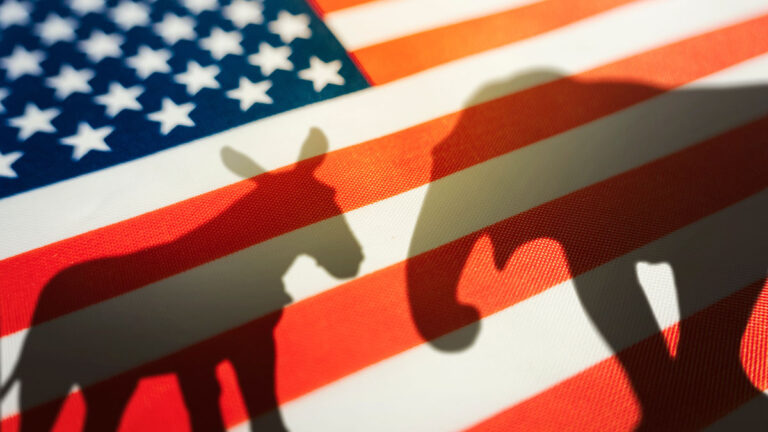
Federal Republican lawmakers have attached conditions to the Federal Trade Commission’s (FTC) funding that would make it impossible to continue its investigation of MGM Resorts International. The FTC has been seeking to investigate MGM for potential compliance failures related to its handling of customer data during last year’s cyberattacks. Their Democrat peers on the House Appropriations Committee proposed amendments that would have removed those restrictions but were defeated.
The relevant portion of the Financial Services and General Government Appropriations Act for fiscal year 2025 reads:
None of the funds made available by this Act may be used for the Federal Trade Commission to pursue or continue a Civil Investigative Demand against a gaming or hospitality company if the action utilizes authority from the Safe Guards Rule (16 C.F.R. Part 314) or the Red Flags Rule (16 C.F.R Part 681).
Although it doesn’t explicitly reference MGM, the scenario that language prohibits precisely describes what has been unfolding between the FTC and MGM.
The Committee advanced the bill on June 13 by a vote of 33 to 24. In its announcement of the vote, the Committee referenced the attempted amendment by Democrats, casting it as an attempt to allow overreach by FTC Chair Lina Khan.
During the markup, Committee Republicans rejected amendments offered by the Democrats that would have […] gutted limitations on Federal Trade Commission (FTC) in the bill and permitted the Chair to take unilateral action that exceeds the Commission’s statutory authority.
MGM filed a lawsuit against the FTC in April, similarly alleging that Khan has overstepped her authority. It petitioned the court to force the FTC to rescind or modify its Civil Investigative Demand.
Senate May Disagree With House Restrictions
The bill is not yet law. Having emerged from the Committee, it will proceed to the House floor.
Meanwhile, the Senate is working on its own budget bills. The same difference of opinion between Republicans and Democrats may be echoed there. If so, it’s unlikely that the Senate’s funding proposal will have the same strings attached. While Republicans hold the majority of seats in the House, Democrats have held on to control of the Senate by the slimmest of margins.
Eventually, the two chambers of the federal legislature will have to agree on a budget. If they haven’t done so by October 1, the US could once again find itself facing the now-familiar threat of a governmental shutdown, needing continuing resolutions to maintain temporary funding while lawmakers seek a compromise.
The November election adds a further layer of complexity to the matter, as control of either or both halves of the legislature could change as a result.
In the meantime, Khan has asked the DC District Court to dismiss MGM’s complaint with a memorandum of support from the District’s US Attorney Matthew Graves. The FTC has also filed a suit of its own in Nevada District Court, attempting to force MGM to comply with its Civil Investigative Demand.
Although the legal process is rarely quick, in principle, these legal proceedings could potentially render the issue moot before Congress settles on a final budget.
Why Are MGM and the FTC at Odds?
The fight between MGM and the FTC began because Khan happened to be staying at one of MGM’s properties when its systems went down in September 2023. It later came out that MGM had elected to shut down its own systems to fight back against a cyberattack rather than pay a ransom. The attack was the work of the hacker group Scattered Spider and has resulted in two arrests.
The FTC subsequently began investigating the incident on the suspicion that MGM may not have handled customer data securely while its standard channels weren’t available. Mainstream outlets published stories about Khan’s personal experience of the situation. That reportedly included an MGM staff member asking her to write her credit card information down on a sheet of paper. In MGM’s view, Khan’s personal experience informed the FTC’s decision to investigate.
According to MGM, Khan’s involvement in the investigation is inappropriate because she could be a witness in any potential legal action against the company.
It also argues that, as a casino and hotel chain, its business activities fall outside the scope of the laws the FTC believes it violated. These are the same Safe Guards Rule, and Red Flags Rule mentioned in the Appropriations Act’s restrictions.
Those two rules apply to financial institutions. However, the FTC argues that MGM and other gambling operators occasionally extend credit to their players. It says that makes them financial institutions and, therefore, subject to the rules.





